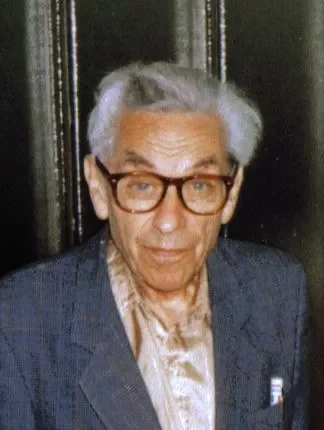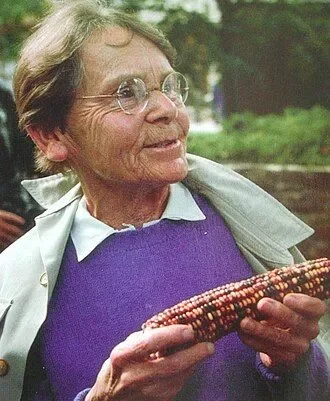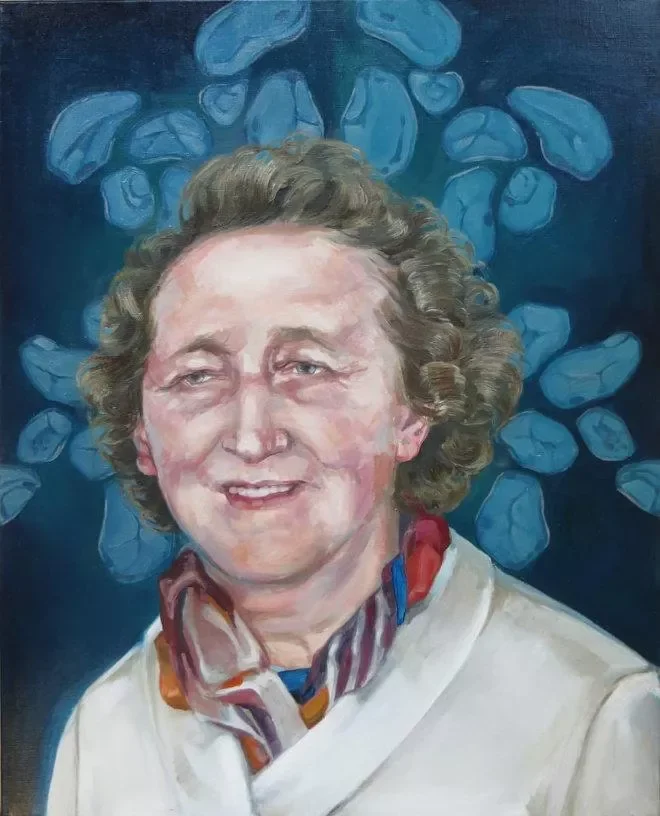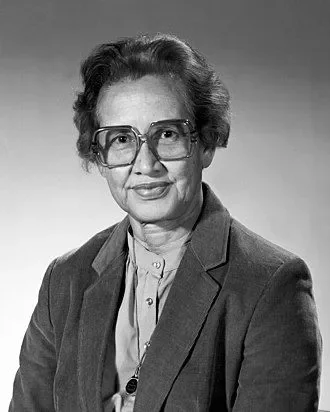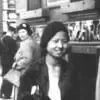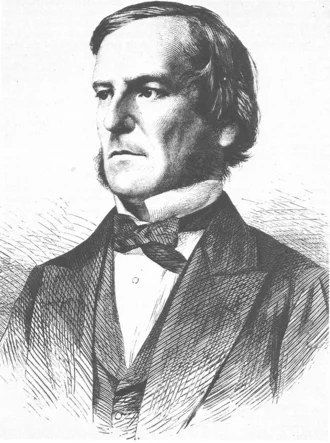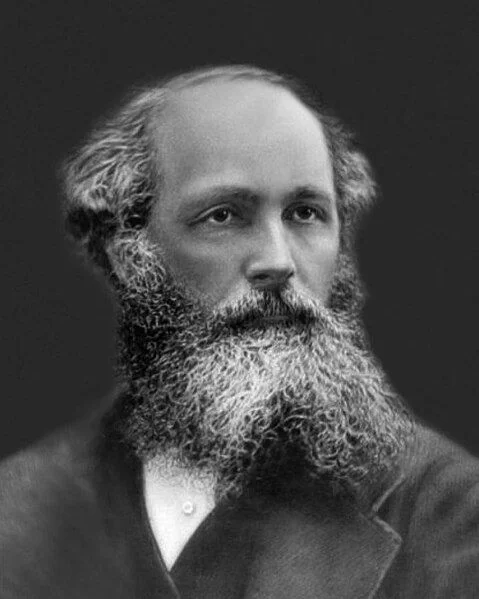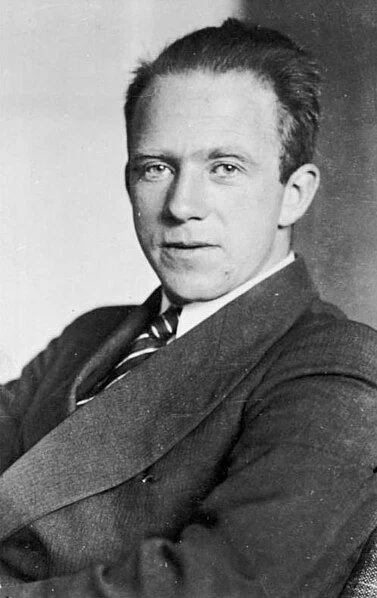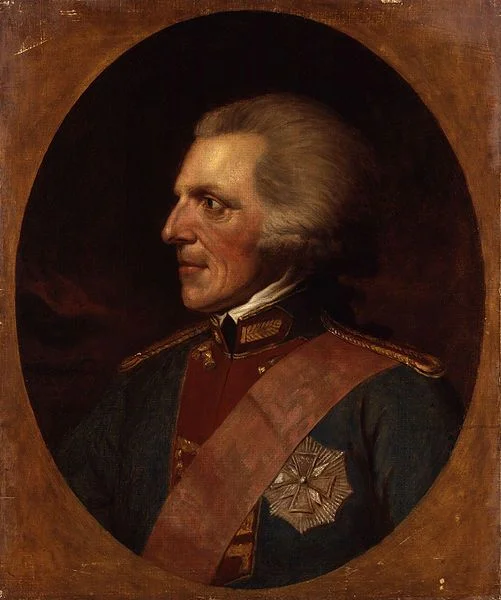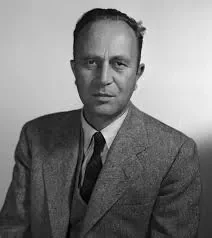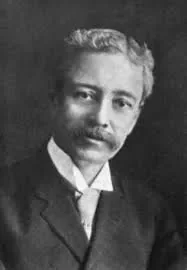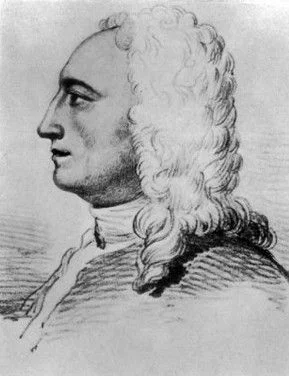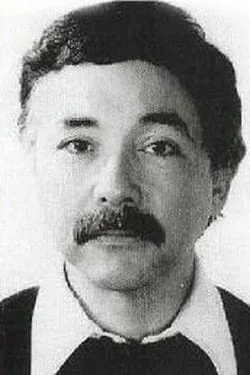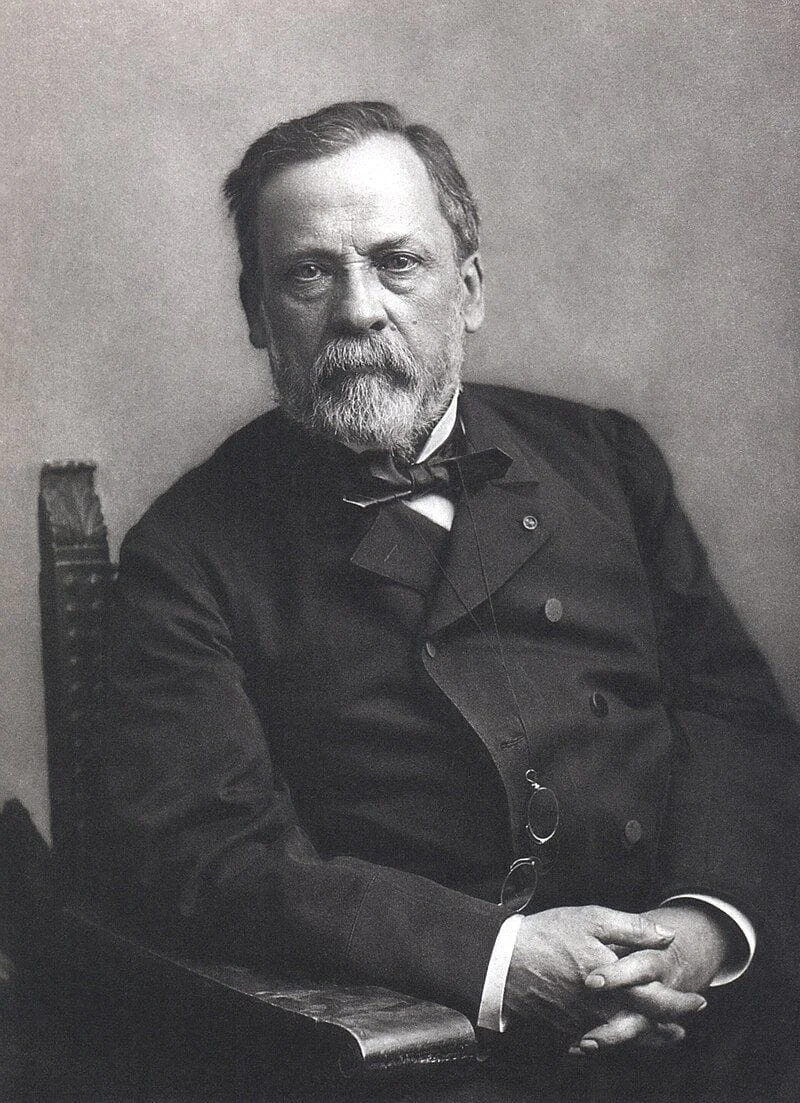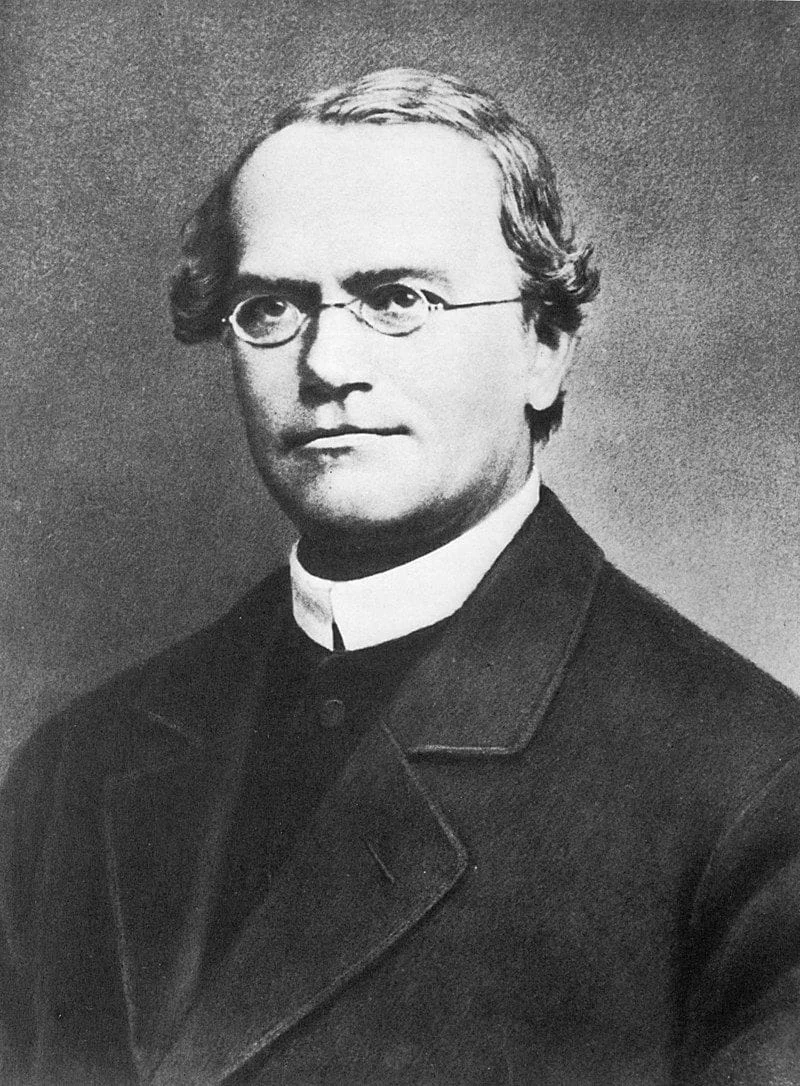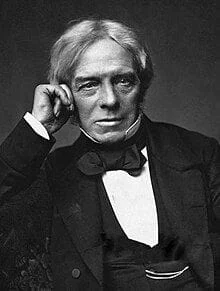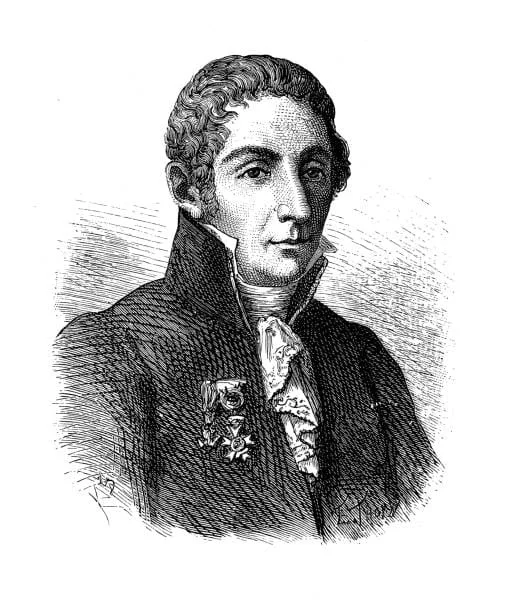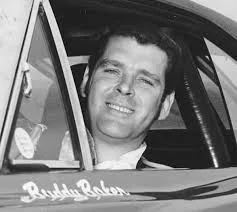Real Celebrities Never Die!
OR
Search For Past Celebrities Whose Birthday You Share
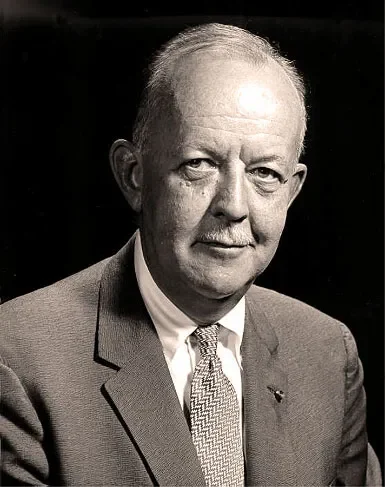
source:.firespring.com
Howard Engstrom
Birthday:
23 Apr, 1902
Date of Death:
08 Mar, 1962
Cause of death:
Unknown
Nationality:
American
Famous As:
Computer
Age at the time of death:
59
Howard Engstrom's Quote's
Early Life and Education
Howard Engstrom, also known as Howard Theodore Engstrom, was born on April 23, 1902, in Boston, Massachusetts. He had a life full of diverse accomplishments. He excelled as a mathematician, served his country during World War II, and played a pivotal role in developing the first electronic computers – leaving a lasting legacy in multiple fields.
Mathematical Talent and Academic Success
From a young age, Howard showed a strong talent for mathematics and academics. After graduating with top honors from Brookline High School, he went on to study at Yale University. He excelled academically at Yale, obtaining a Bachelor of Arts degree in mathematics in 1924 and a Master of Arts degree in the same field in 1925.
Early Career and Military Service
Engstrom started teaching mathematics at the college level after completing his master’s degree. But his academic pursuits were soon put on hold due to the outbreak of World War II.
Wartime Contributions
Engstrom’s incredible math abilities were extremely valuable during the war. He played a pivotal role in the Navy’s communication efforts, serving as the head of research operations at Communication Supplementary Activities (CSAW). He was awarded the Navy Distinguished Service Medal for his exceptional wartime service.
Post-War Career in Computing
After the war, Howard Engstrom returned to civilian life and pursued his passion for mathematics. However, his career trajectory took a remarkable turn. He joined Engineering Research Associates (ERA), a company founded by colleagues. He collaborated with a talented team, including J. Presper Eckert and John Mauchly, on the groundbreaking ENIAC project.
Contributions to ENIAC and the Digital Revolution
The ENIAC, completed in 1946, was the first general-purpose electronic digital computer. Engstrom’s contributions were vital for the ENIAC’s memory system development. The ENIAC project he worked on set the stage for future breakthroughs in computing, leading to the digital revolution.
Further Achievements and Recognition
Engstrom’s professional success continued to grow. He played a key role in the development and commercialization of the UNIVAC I as the vice president and director of marketing for Remington Rand’s Univac division. Moreover, he continued his academic connections by lecturing at Columbia University and providing consulting services to the National Security Agency (NSA).
Personal Life and Legacy
Engstrom married Karin Ekblom in 1935, and they remained together until his passing. He actively participated in various professional organizations and received recognition for his contributions, including the Distinguished Service Medal (USA), the Order of the British Empire, and the Naval Reserve Medal. Unfortunately, he died prematurely on March 8, 1962, at 59 years old.
Lasting Impact on Computing and Technology
Engstrom’s life and work show the value of diverse skills and adaptability. His contributions to early computing technology had a lasting influence on the digital world we live in today. His contributions highlight the importance of recognizing diverse individuals in major advancements.
Name:
Howard Engstrom
Popular Name:
Howard Engstrom
Gender:
Male
Cause of Death:
Unknown
Spouse:
Place of Birth:
Boston, MA
Place of Death:
Carney Hospital, Boston, MA
Occupation / Profession:
Personality Type
Debater: Smart and curious thinkers who cannot resist an intellectual challenge. He possessed remarkable intellectual capabilities, enabling him to solve any challenges he faced with ease.
Howard T. Engstrom's role in the development of UNIVAC helped establish Remington Rand as a leading player in the emerging computer industry.
The success of UNIVAC paved the way for subsequent advancements in computing technology, leading to the development of smaller, faster, and more powerful computers in the decades that followed.
UNIVAC gained widespread recognition when it correctly predicted the outcome of the 1952 presidential election, based on early voting data analysis.
UNIVAC (Universal Automatic Computer) was the first computer to handle both numeric and alphabetic data.
While J. Presper Eckert and John Mauchly are often recognized as the fathers of the ENIAC, Engstrom's contributions were equally crucial, especially in developing the memory system, a vital component of any computer. His work often went underrepresented, leading to his nickname as the "unsung hero" of the ENIAC project.
Distinguished Service Medal (United States Navy),
Naval Reserve Medal,
Order of the British Empire,
Presidential Unit Citation (United States)

